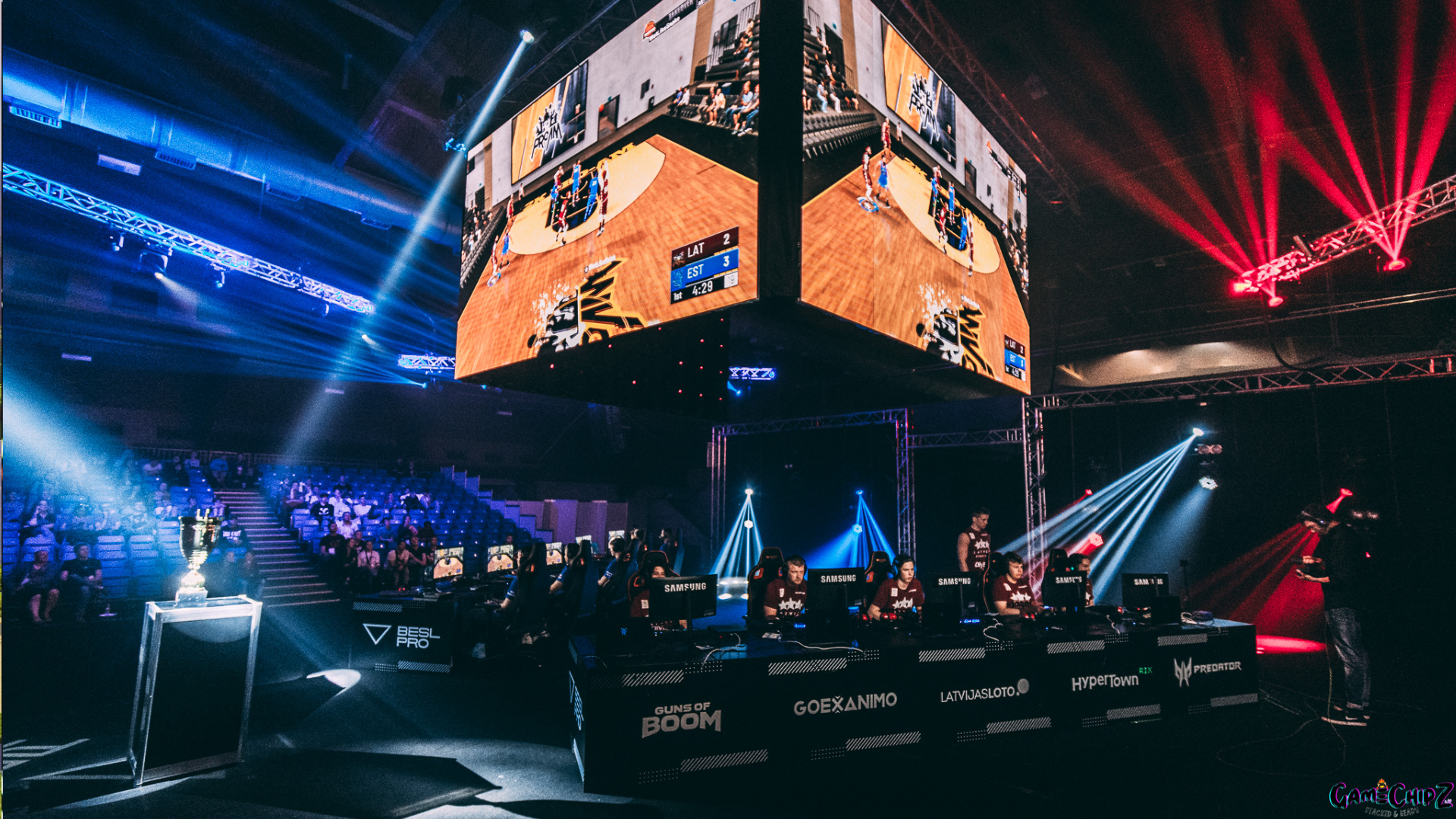Ever found yourself stuck in a gaming slump, wondering why do we get worse at games than better? You’re not alone. It’s a frustrating experience that can make even the most seasoned players question their abilities. As it turns out, there’s a lot more going on beneath the surface than just “bad luck.” Our brains play a tricky game of their own, our gaming performance decline in ways we don’t always notice. From overthinking and muscle memory to psychological pressure and plain old burnout, there are countless reasons why your gaming prowess might take a hit.
So, what’s really happening when you seem to be losing your edge in the virtual world? Let’s dive deep into the psychology behind this puzzling phenomenon and find out how you can turn the tide back in your favor.
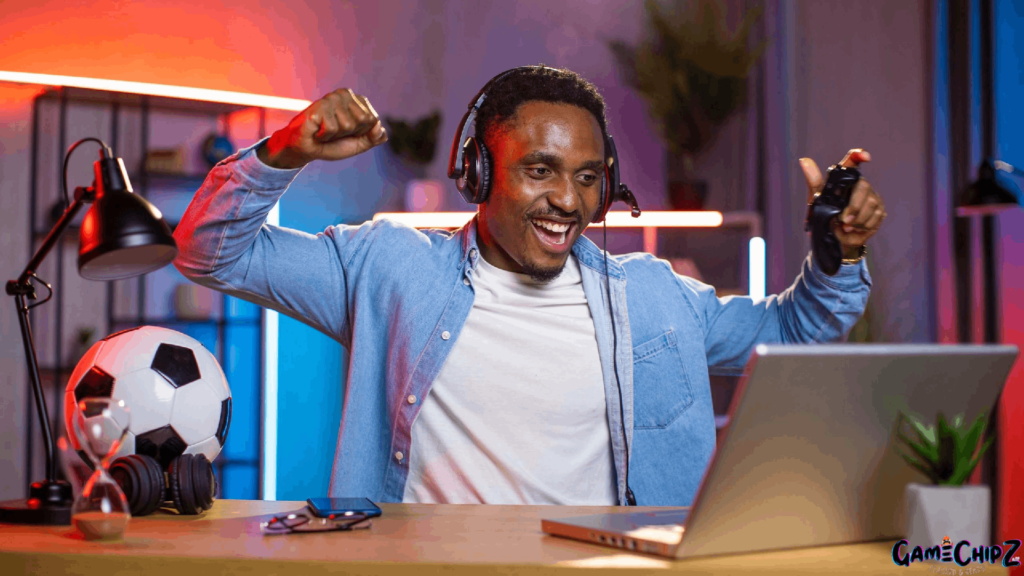
The Learning Curve in Gaming
Every gamer knows that sinking feeling of hitting a wall in their progress, where no matter how much they play, improvement feels like a distant dream. At the start, there’s often a rapid rise in skills; you’re learning new mechanics, mastering controls, and beating challenges left and right. This initial phase is what we call the learning curve—a period where your brain is absorbing information at lightning speed, and every victory feels like a huge leap forward.
But here’s the catch: as you become more experienced, that curve starts to level out. Why? Because the more you play, the harder it gets for your brain to find new tricks or strategies that it hasn’t already tried. The learning process shifts from acquiring new skills to refining the ones you already have. It’s like trying to squeeze water from a stone; the gains become smaller and take much more effort. This is where many players start to feel stuck or even worse, begin to regress. Understanding this shift in the learning curve is crucial to recognizing that it’s a natural part of skill development, not just a sign of failure.
So, if you’re feeling like you’re getting worse at gaming instead of better, remember—it’s not that you’ve lost your touch; it’s that your brain is adapting to a whole new level of challenge. Knowing this can be the key to breaking through that wall and pushing your gaming skills even further.
The Role of Overthinking and Pressure
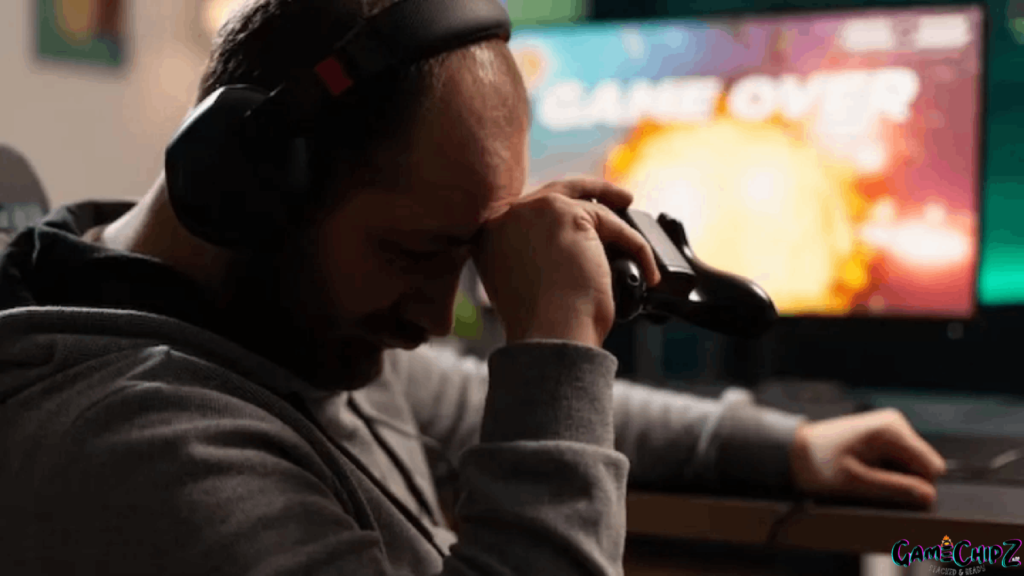
Picture this: you’re in the middle of an intense match, and suddenly, you start second-guessing every move. Should you rush in or hold back? Should you take that risky shot or wait for a safer play? The more you think about it, the worse at gaming instead of better you get. Overthinking can be a gamer’s worst enemy, turning what used to be instinctive actions into a tangled mess of hesitation and doubt.
This kind of mental overload happens because our brains can only process so much at once. When you overthink, you’re putting too much cognitive pressure on yourself, which slows down your reaction times and messes with your decision-making. It’s like trying to solve a puzzle while someone keeps throwing more pieces at you—it just gets overwhelming. The more you stress about playing perfectly, the more likely you are to make mistakes that you’d never make in a relaxed state.
Then there’s the pressure—whether it’s the pressure to win, to rank up, or just to impress your friends. This kind of stress can make even the simplest tasks in the game feel like climbing a mountain. What used to be fun and exciting now feels like a test you can’t afford to fail. And here’s the twist: the more you focus on not making mistakes, the more mistakes you’re likely to make. It’s a classic case of the mind getting in its own way.
Understanding how overthinking and pressure affect your gameplay is crucial to breaking this cycle. Sometimes, the best move is to step back, take a breath, and let your instincts take over. After all, the best gamers know that the real power lies not just in fast reflexes but in staying cool under pressure.
The Concept of Plateauing
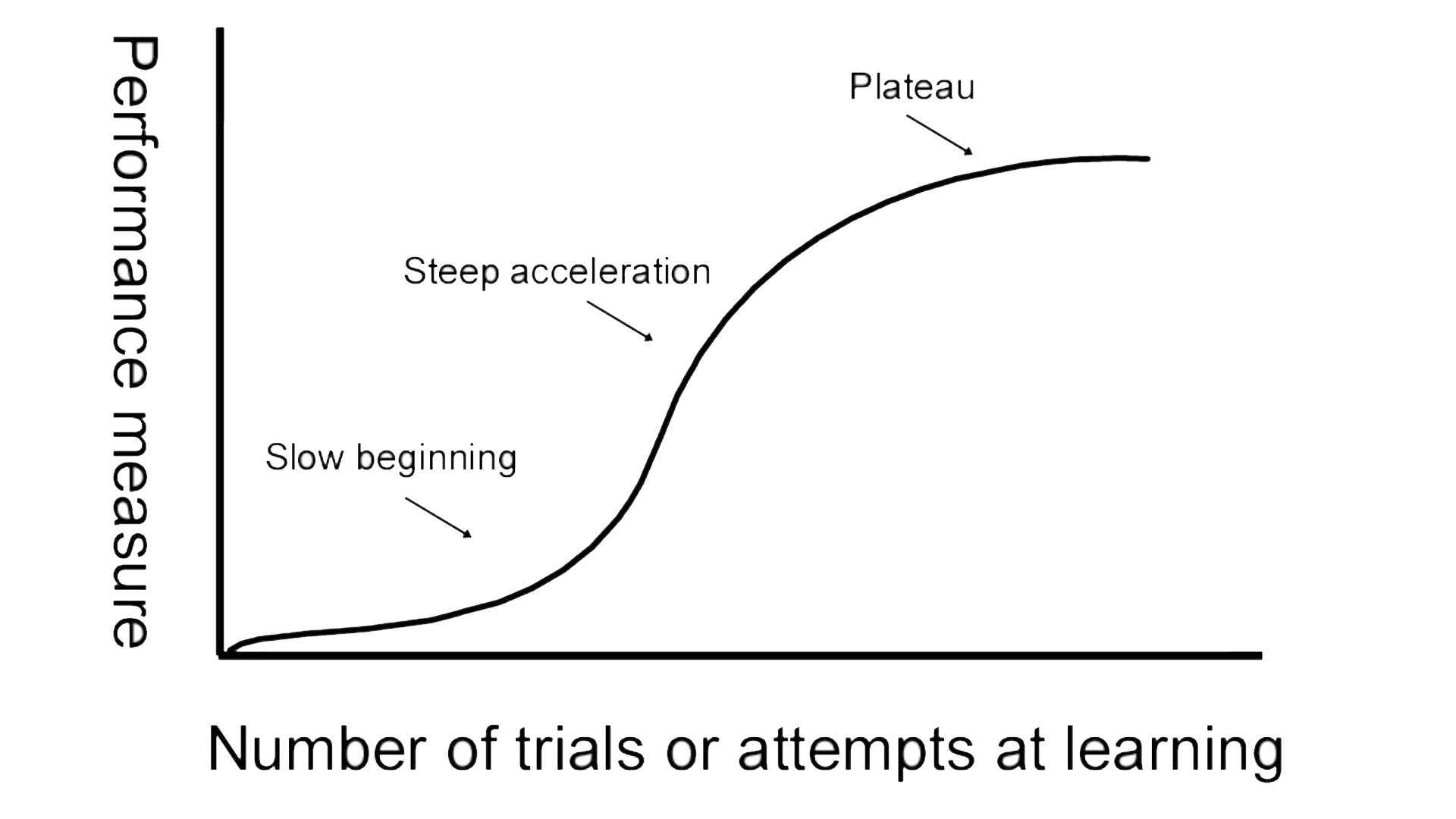
Ah, the dreaded plateau—a place every gamer fears but inevitably encounters. One day, you’re climbing the ranks effortlessly, and the next, you’re stuck in the same spot no matter how hard you try. Hitting a performance plateau is like sprinting at full speed, only to suddenly find yourself running in place. In the same way your gaming performance declines. It’s frustrating, disheartening, and can make even the most passionate players question their abilities.
So, what exactly is a plateau? In gaming, it’s the point where your progress seems to grind to a halt. You’re putting in the hours, practicing your moves, but you’re just not seeing the same improvements you once did. This happens because, as you advance, the skill gains become less about learning new techniques and more about perfecting the small details. The curve flattens out, and every inch forward requires more effort than the last.
One of the biggest reasons players hit a plateau is repetition. When you repeat the same strategies and routines without challenging yourself, you’re essentially teaching your brain to operate on autopilot. And while that’s great for consistency, it’s not so great for growth. To break free from this cycle, you need to shake things up—try new tactics, play with different characters, or even switch to a new game mode to re-engage your brain.
Plateaus are a natural part of the gaming journey, not a dead end. Recognizing that you’ve hit a plateau is the first step toward overcoming it. The real challenge is to push past that point by embracing new strategies and stepping outside your comfort zone. Remember, every great player has faced the plateau, but it’s how they broke through that sets them apart.
The Role of Muscle Memory and Bad Habits
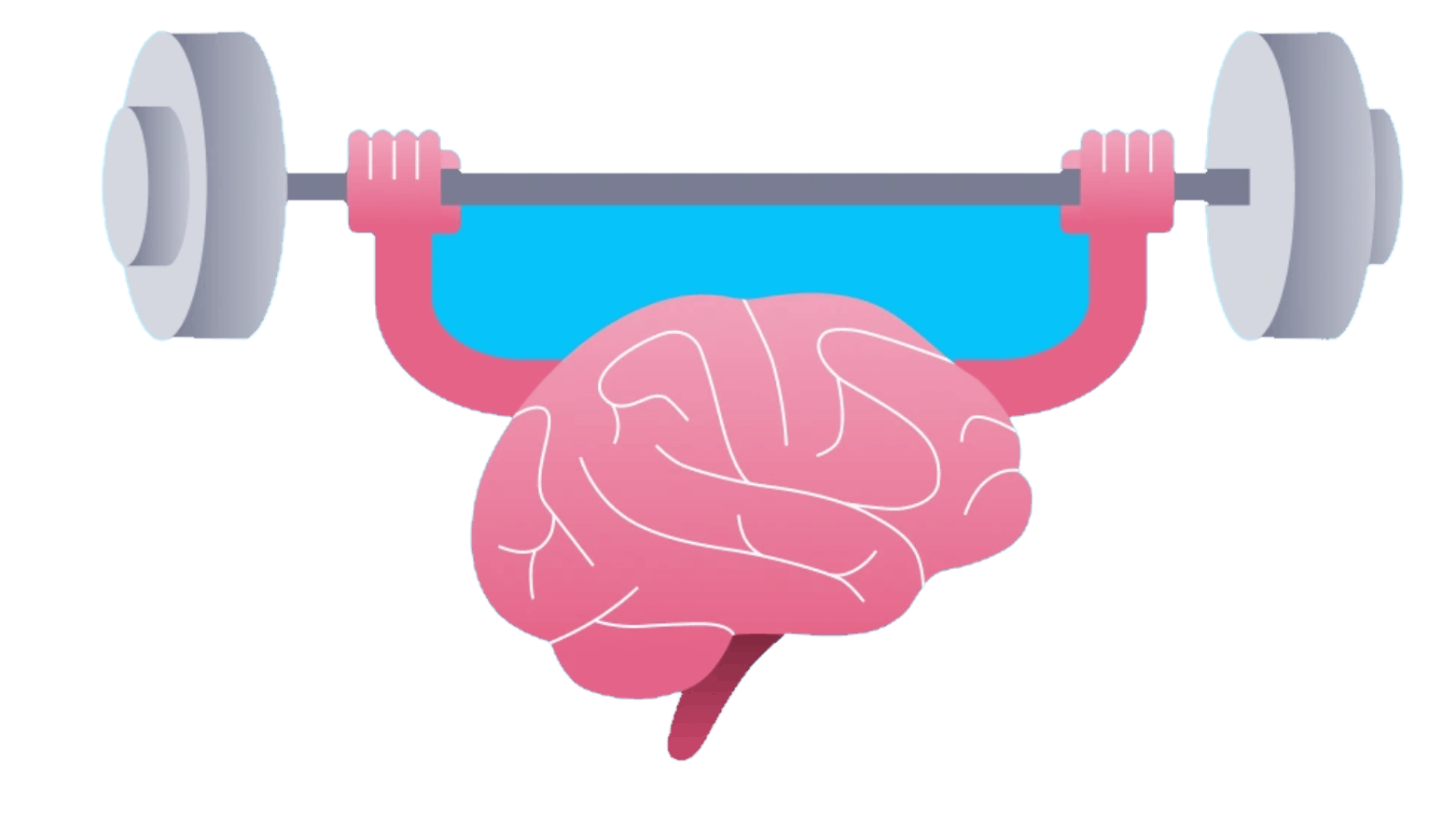
Muscle memory—it’s that magical thing that lets you pull off sick moves without even thinking about them. Over time, your hands seem to know what to do before your brain even gets the chance to decide. But while muscle memory is a powerful ally in gaming, it can also be a sneaky saboteur when bad habits creep in.
Think of muscle memory as the autopilot mode for your gaming skills. When you first learn a move or a combo, it takes conscious effort and focus. But after a while, it becomes second nature, a reflex that you don’t even have to think about. That’s great for performing complex actions quickly and efficiently. The problem? If you’ve accidentally programmed bad habits into your muscle memory, they’re just as hard to shake.
Let’s say you’ve been using a suboptimal strategy or relying on a tactic that worked against beginners but crumbles against more advanced players. Your muscle memory doesn’t know it’s a bad habit—it’s just doing what you’ve trained it to do. And breaking these habits is like unlearning how to ride a bike. It takes deliberate effort to retrain your brain and hands to react differently, which can be both time-consuming and frustrating.
The key to overcoming bad muscle memory habits is awareness. You have to actively recognize what you’re doing wrong and then commit to practicing the correct technique, even if it feels awkward at first. It’s all about rewiring those reflexes to turn your weaknesses into strengths. In gaming, as in life, sometimes you have to take a step back before you can leap forward.
Cognitive Load and Fatigue
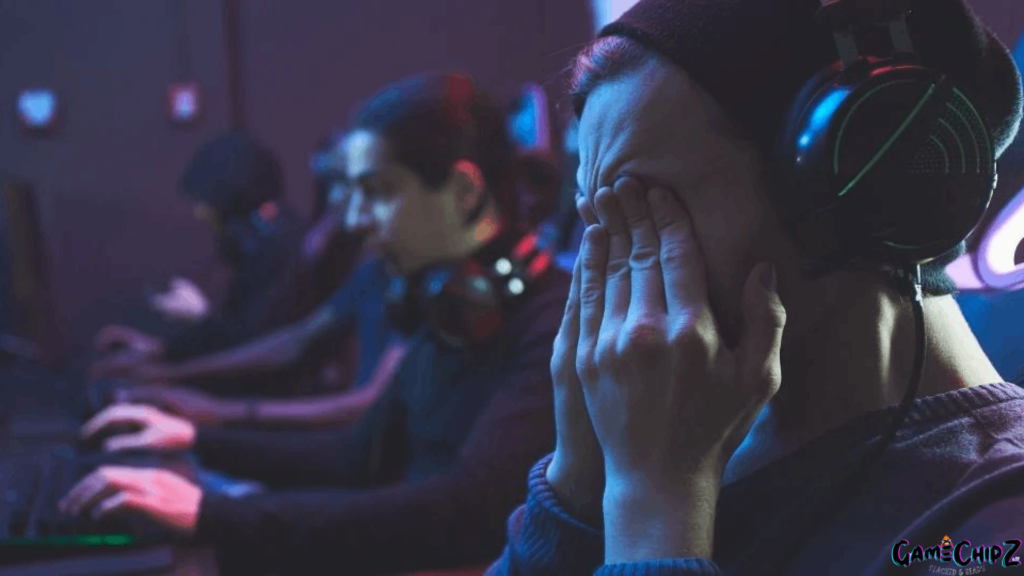
Ever notice how your gameplay is sharp and on-point at the start of a session, but as the hours roll by, your reactions start to lag, and mistakes creep in? That’s cognitive load and fatigue taking their toll. Just like a computer running too many processes, your brain can get overloaded, which is why your gaming performance declines.
Cognitive load refers to the amount of mental effort your brain has to put in while playing. In a game filled with split-second decisions, strategic planning, and rapid reactions, your cognitive resources are constantly being stretched thin. The more intense and demanding the game, the higher the cognitive load. When this load reaches its peak, your brain struggles to keep up, leading to slower reaction times, poor decision-making, and a noticeable dip in your gameplay quality.
Fatigue compounds this issue even further. Mental fatigue is like a silent enemy that creeps up on you, gradually eroding your focus and reflexes. It doesn’t just affect your physical reactions; it clouds your judgment, making it harder to anticipate your opponent’s moves or adapt to changing situations in the game. The longer you play without a break, the more susceptible you become to these effects.
To combat cognitive load and fatigue, it’s essential to pace yourself. Taking short breaks, staying hydrated, and giving your mind a chance to reset can work wonders to not make your gaming performance decline. Sometimes, a quick breather away from the screen is all it takes to come back with a clearer mind and sharper skills. Remember, the brain is like any muscle—it needs rest to perform at its best.
Psychological Factors: Anxiety and Self-Doubt
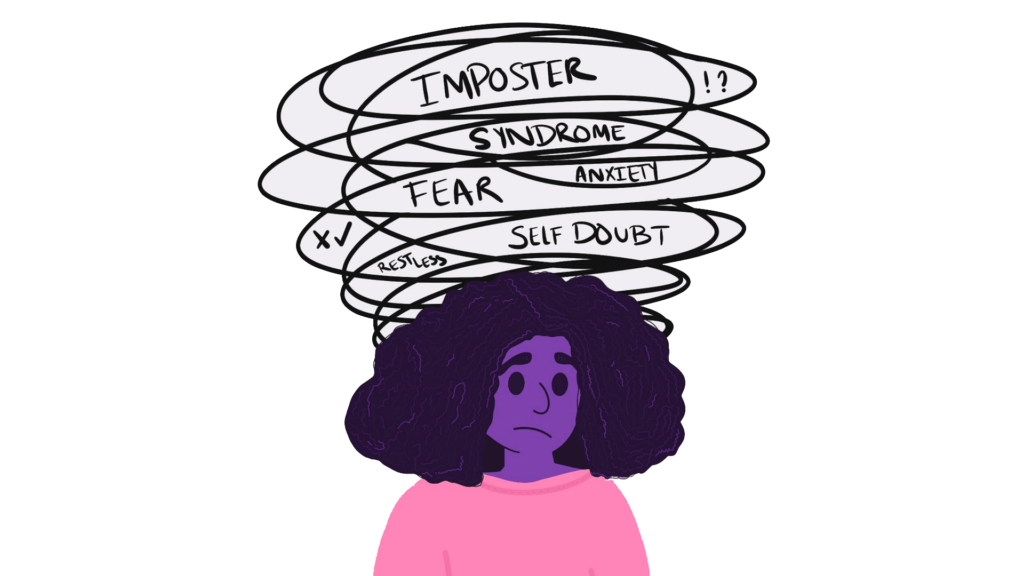
Gaming is supposed to be fun, right? But when anxiety and self-doubt kick in, it can feel more like a high-stakes test than a hobby. The pressure to perform well, climb the leaderboards, or simply not embarrass yourself in front of friends can create a whirlwind of negative emotions that drag your gameplay down.
Anxiety in gaming isn’t just about nerves; it’s a psychological battle that triggers a fight-or-flight response in your brain. This reaction floods your body with adrenaline, which, in theory, should help you focus. But too much adrenaline can backfire, making your hands shake, your mind race, and your decision-making turn to mush. Instead of trusting your instincts, you start overthinking every move, and that hesitation costs you the game.
Self-doubt is the twin sibling of anxiety, whispering in your ear that you’re not good enough or that you’re bound to fail. The moment you start doubting your skills, you’re already on the path to defeat. Self-doubt causes you to second-guess your actions, hesitate during critical moments, and ultimately lose the confidence that once made you a formidable player.
The best way to tackle anxiety and self-doubt in gaming is to shift your mindset. Focus on the fun, the learning, and the process of improving rather than obsessing over the results. Remember that even the pros have off days. Building confidence in your skills, no matter the outcome, can help you stay calm, make smarter moves, and enjoy the game the way it’s meant to be played.
The Impact of Age and Reflexes
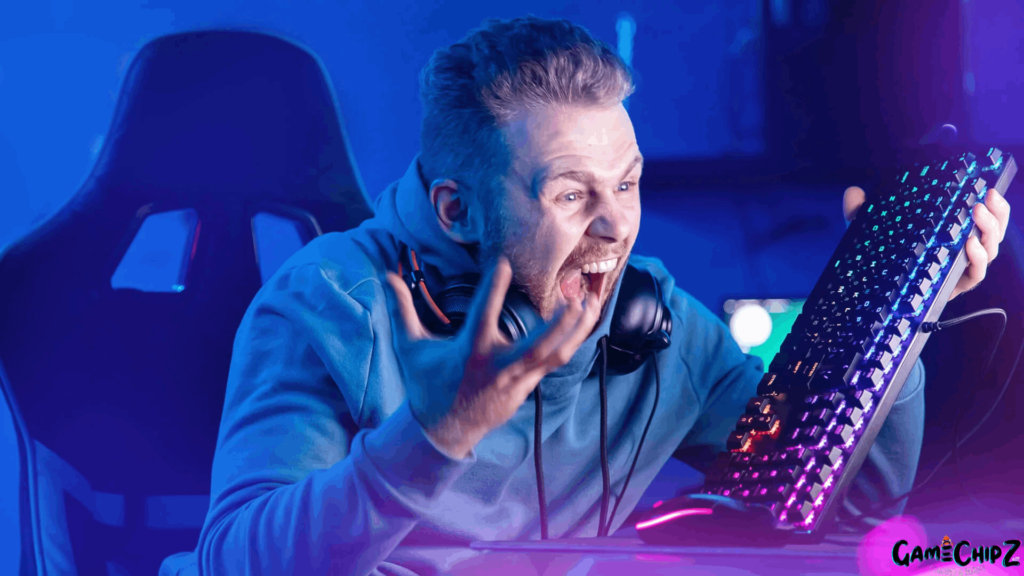
It’s a harsh reality that time catches up with all of us, even in the digital world. As we age, our reflexes naturally slow down, and those lightning-fast reactions that once felt effortless may start to lag. In gaming, where milliseconds can make the difference between victory and defeat, this decline in reflexes can be especially frustrating.
The science behind this is pretty straightforward: as we get older, the neural pathways responsible for quick reactions and decision-making don’t fire as rapidly as they used to. This means that even though your experience and strategic thinking might improve with age, your physical ability to execute those decisions in real-time may take a hit. You might find yourself recognizing the right move to make but just not being fast enough to pull it off.
But don’t hang up your controller just yet—there are plenty of ways to stay competitive, even as your reflexes slow down. Focusing on strategy, positioning, and game sense can often outplay raw speed. Some of the best players in the world rely on their deep knowledge of the game to predict opponents’ moves, allowing them to react faster than their reflexes alone would permit. Adaptability is the name of the game as you learn to leverage your strengths to make up for any slowing reflexes.
Burnout and Loss of Interest
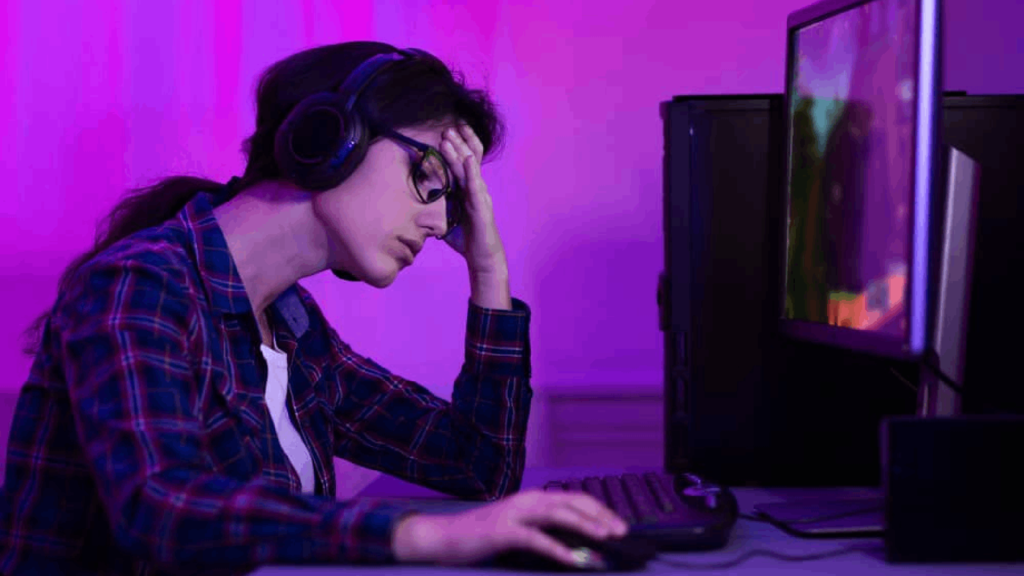
Let’s be honest—there’s only so much grinding and ranking up you can do before the game that once thrilled you starts to feel like a chore. Burnout is a silent killer in gaming, and it doesn’t just impact your enthusiasm; it can also dramatically affect the gaming performance. When you’re burned out, your mind and body are no longer engaged, and that lack of focus inevitably leads to a decline in your skills.
Burnout happens when the fun and excitement of gaming are replaced by frustration, boredom, or even resentment. Maybe you’ve been playing the same title for hundreds of hours, chasing achievements or a higher rank, and it’s starting to feel like you’re stuck on an endless treadmill. This loss of interest makes it difficult to stay motivated, and without that spark of passion, your gameplay suffers.
The best way to tackle burnout is to mix things up. Try exploring different game genres, take regular breaks, or set new, fun goals that aren’t tied to winning or ranking up. Sometimes all you need is a fresh perspective or a new challenge to reignite your love for gaming. Remember, it’s okay to step away and take a breather; the games will still be there when you’re ready to come back, stronger and more motivated than ever.
Social Comparison and the Pressure to Perform
In today’s gaming world, it’s almost impossible to avoid comparing yourself to others. Whether it’s your friends climbing the ranks faster than you or the constant stream of highlight reels from pro players on social media, the pressure to perform can be overwhelming. This social comparison can lead to a sense of inadequacy that clouds your focus and chips away at your confidence.
When you start measuring your skills against others, especially the elite players, it’s easy to lose sight of your own progress. The reality is, someone else’s success doesn’t diminish your abilities, but it can sure feel like it when you’re constantly watching others pull off impossible plays. This pressure to match or exceed their gaming performance can cause you to force risky moves, play outside your comfort zone, or worse—doubt every decision you make and eventually your gaming performance declines.
The truth is, gaming should be about your personal journey and growth, not about keeping up with someone else’s highlight reel. To break free from the grip of social comparison, it’s crucial to set your own goals and focus on celebrating your progress, no matter how small. Remind yourself that every player has their own pace and that improving your skills is a marathon, not a sprint. When you shift your focus back to your own game, you’ll find that the pressure eases, and your gaming performance improves naturally.
Conclusion
Understanding why we sometimes feel like we’re getting worse at gaming instead of better is an essential part of the gaming journey. From muscle memory and cognitive load to the impact of psychological factors like anxiety and social comparison, numerous elements can contribute to this phenomenon. However, it’s crucial to remember that dips in gaming performance are a natural part of growth, not a reflection of your worth as a gamer.
By implementing strategies to combat fatigue, embracing a growth mindset, and focusing on personal improvement rather than comparisons, you can navigate these challenges with confidence. Gaming is as much about the journey as it is about the destination, and every setback can serve as a powerful learning opportunity.
So, the next time you find yourself frustrated by a decline in your gaming performance, take a step back. Reassess, adapt, and remind yourself of your passion for gaming. Every player has their highs and lows, and it’s in those moments of struggle that true growth often occurs. Embrace the challenges, celebrate your progress, and keep pushing forward—because the thrill of gaming lies not just in winning, but in the journey of becoming a better player, one game at a time.
FAQ
Why did I get worse at gaming?
There are many reasons why your gaming performance might decline, such as cognitive overload, anxiety, self-doubt, burnout, or even age-related changes in reflexes. Factors like social comparison and pressure to perform can also negatively impact your skills. Adopting a growth mindset and practicing new strategies can help you overcome these hurdles and improve your gameplay.
How does gaming affect psychology?
Gaming can have both positive and negative effects on psychology. On the positive side, it can enhance cognitive skills, problem-solving abilities, and hand-eye coordination. However, it can also lead to stress, anxiety, and frustration, especially if you’re constantly pushing yourself to perform at a high level or comparing yourself to others. Finding a balance and enjoying the process can help mitigate the negative effects.
Does gaming affect my brain?
Yes, gaming does affect your brain in several ways. It can stimulate areas of the brain responsible for attention, spatial awareness, and strategic thinking, potentially boosting cognitive function. However, excessive gaming can also lead to issues like decreased focus, poor impulse control, and addiction-like behaviors if not managed properly.
Is too much gaming a mental health issue?
Excessive gaming can indeed become a mental health concern. When gaming starts to interfere with daily life, relationships, or responsibilities, it may indicate a problem like gaming addiction or increased anxiety. Maintaining a healthy gaming routine, taking breaks, and setting boundaries can help prevent gaming from negatively impacting your mental health.

